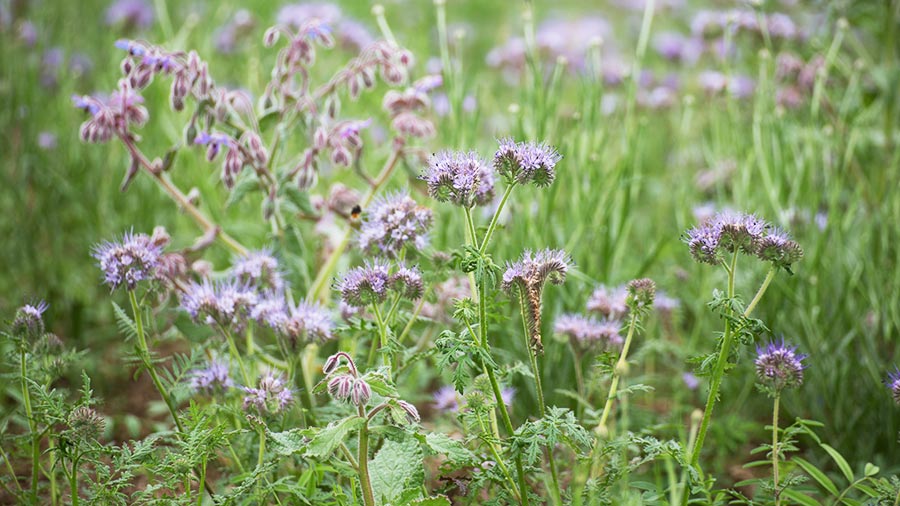Sustainable Farming Incentive opens for applications 30 June
 © Tim Scrivener
© Tim Scrivener English farmers will be able to apply to take part in the Sustainable Farming Incentive – the first element of the government’s new Environmental Land Management (ELM) scheme – from next Thursday, 30 June, Defra secretary George Eustice has confirmed.
Ahead of his speech at the Groundswell event in Hertfordshire on Thursday (23 June), Mr Eustice explained that any farmer who currently receives money under the Basic Payment Scheme will be able to apply to SFI “whenever they want to”.
“We have deliberately got rid of old-style ‘application windows’ with hard deadlines,” he told Farmers Weekly.
“So, if a farmer wants to sign up now they can, or if they want to wait until the end of the summer, or the quiet winter months, they can join then instead.”
See also: Sustainable Farming Incentive 2022 – what farmers need to know
The agreements will last for three years and payments will be made quarterly.
“This approach makes more sense for farmers, and it means the workload for the RPA can be spread across the year,” said Mr Eustice.
“We’ll open applications for common land later this summer, once we’ve tested it with commoners to make sure it works for them.”
Three standards
For 2022, there will be three standards available – an “arable and horticultural soils” standard paying an “introductory” rate of £22/ha for items such as soil testing and adding organic matter, rising to £40/ha for “intermediate” actions, such as having multi-species cover crops on 20% of the land.
There will also be an “improved grassland soils” standard, paying £28/ha for “introductory” actions, and £58/ha for “intermediate” actions, and a “moorland” standard, worth £10.30/ha with an extra £265 per agreement.
Farmers can expect their first payment three months after joining and will receive regular payments thereafter.
“On average, the payment rates are about 30% higher than equivalent measures under the old EU Pillar Two schemes,” said Mr Eustice, adding that the SFI will also be less prescriptive.
“We are allowing farmers to decide what green cover crops work for them and how best to achieve the standards we have set out. We are dispensing with the heavy-handed enforcement that was required by EU law.”
Reaction
Commenting on the SFI launch, NFU crops board chairman Matt Culley said it was welcome news the scheme was finally opening, but he shared farmers’ concerns that the payment rates on offer would not be attractive enough, especially as delivering the measures would all involve a cost.
“As the Basic Payment Scheme money continues to shrink, I can only hope that the SFI will offer a better return if the government wants more farmers to engage with it,” he said.
The SFI pilot he had been involved in had proved very worthwhile, he added, given that he was able to engage in a wider range of standards (the pilot had eight on offer) and go for “advanced” levels of delivery, which paid more money.
“It’s up to growers to decide whether to apply or not, though I can see some opting for Countryside Stewardship, which seems to offer more guarantees for the next few years.”
Further ahead
While soil health is the focus for 2022, next year there will be more emphasis on hedges, nutrients, and integrated pest management.
“In recent years we have seen an explosion of interest in regenerative farming practices such as mob grazing, the use of herbal leys, companion crops in arable fields to help manage pests and diseases, and the use of cover crops and green manures to reduce fertiliser input costs,” said Mr Eustice.
“Many farmers are already embracing these approaches even without a payment, but the SFI will reward those already doing this and help support others wanting to explore new ways of managing their soils.”
